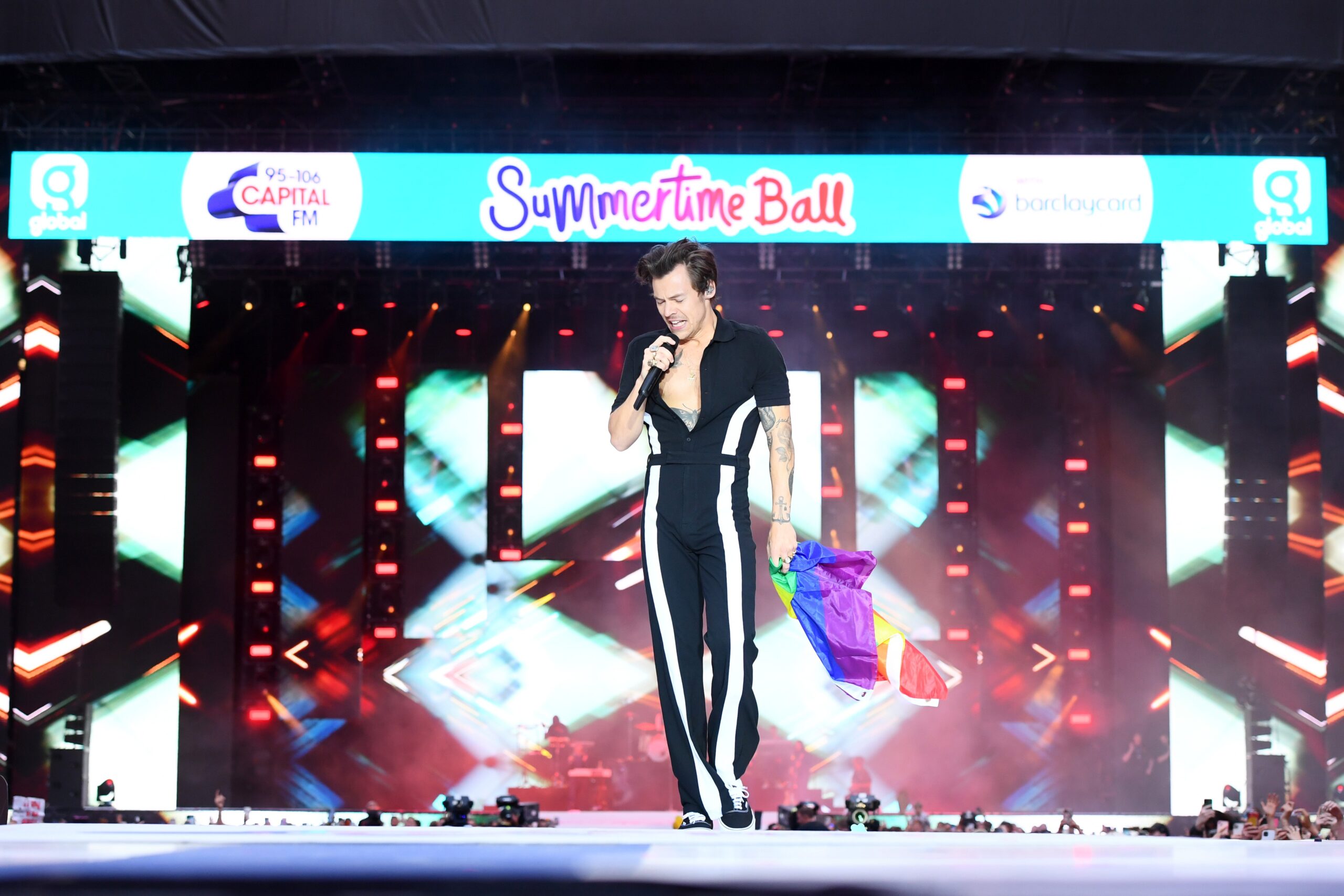Southern California-based trio Rec Hall, made up of John Barry (vocals, guitar), Lance Meliota (drums), and Ben Tyrell (guitar, bass) burst onto the scene in 2021 with breakout single “She Doesn’t Get It.” The song, over the next two years, slowly but organically gained traction, now accumulating over 20 million streams, and led to the […]










